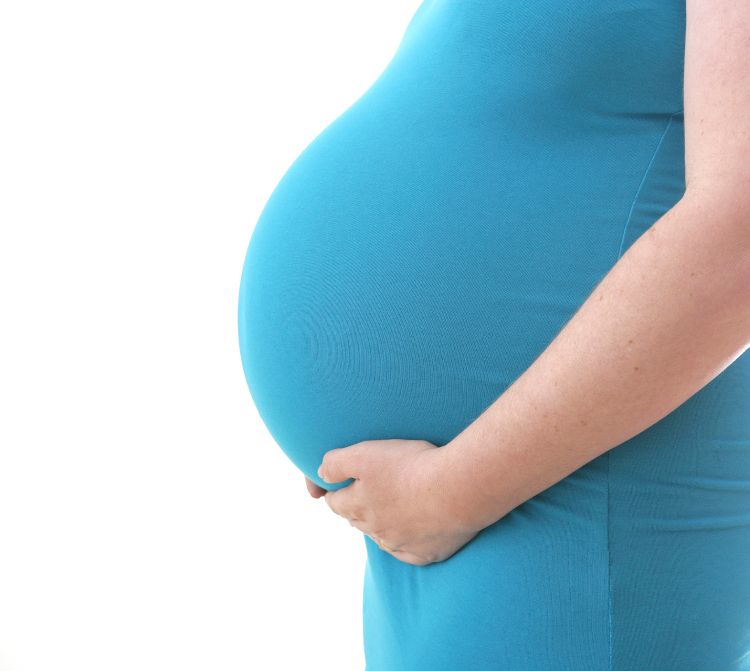Brightseed’s AI receives grant from Bill & Melinda Gates Foundation to find maternal health solutions
Brightseed received an initial $200k grant from the Bill & Melinda Gates Foundation to aim its Forager artificial intelligence (AI) toward maternal health and improved birth outcomes.
Photo © iStockphoto.com/Rinelle

Brightseed (San Francisco, CA) received an initial $200k grant from the Bill & Melinda Gates Foundation to aim Forager—artificial intelligence (AI) that maps the health impact of plant-based bioactives with human biological systems —toward maternal health and improved birth outcomes.
“We’re honored to receive grant funding from the Bill & Melinda Gates Foundation to address such an important global health issue for maternal health and infant health,” said Sofia Elizondo, co-founder and COO at Brightseed, in a press release. “With Forager, we have the ability to look to nature to access affordable and scalable solutions that were never previously possible.”
The AI’s goal is to illuminate the molecular underpinnings of the bioactives contained in the existing BEP products, so the nutritional community can have a better understanding of all compounds that may contribute to better maternal and child outcomes. The hope is to further optimize the BEP product contents and maximize its efficacy for maternal and infant health.
“This is an exciting application of Forager’s molecular visibility. We are approaching this problem with the biological mechanisms happening in the gut as our first point of entry,” said Lee Chae, co-founder, CTO and creator of Forager, in a press release. “We’ll soon have an expansive outlook on what bioactives are creating these cascading effects, and how we can improve their functioning between mothers and newborns to result in positive health outcomes.”
The project also includes identifying potent plant compounds that can mimic the benefits of azithromycin without some of the negative side effects of antibiotics, the wide use of which may contribute to the global health problem of antibiotic resistance.
Survey finds a lack of enthusiasm about AI technology among food and beverage consumers
December 12th 2024The survey, commissioned by Ingredient Communications and conducted by SurveyGoo, found that 83% of respondent agreed that companies should declare on product labels when a product has been designed or manufactured with the assistance of AI technology.